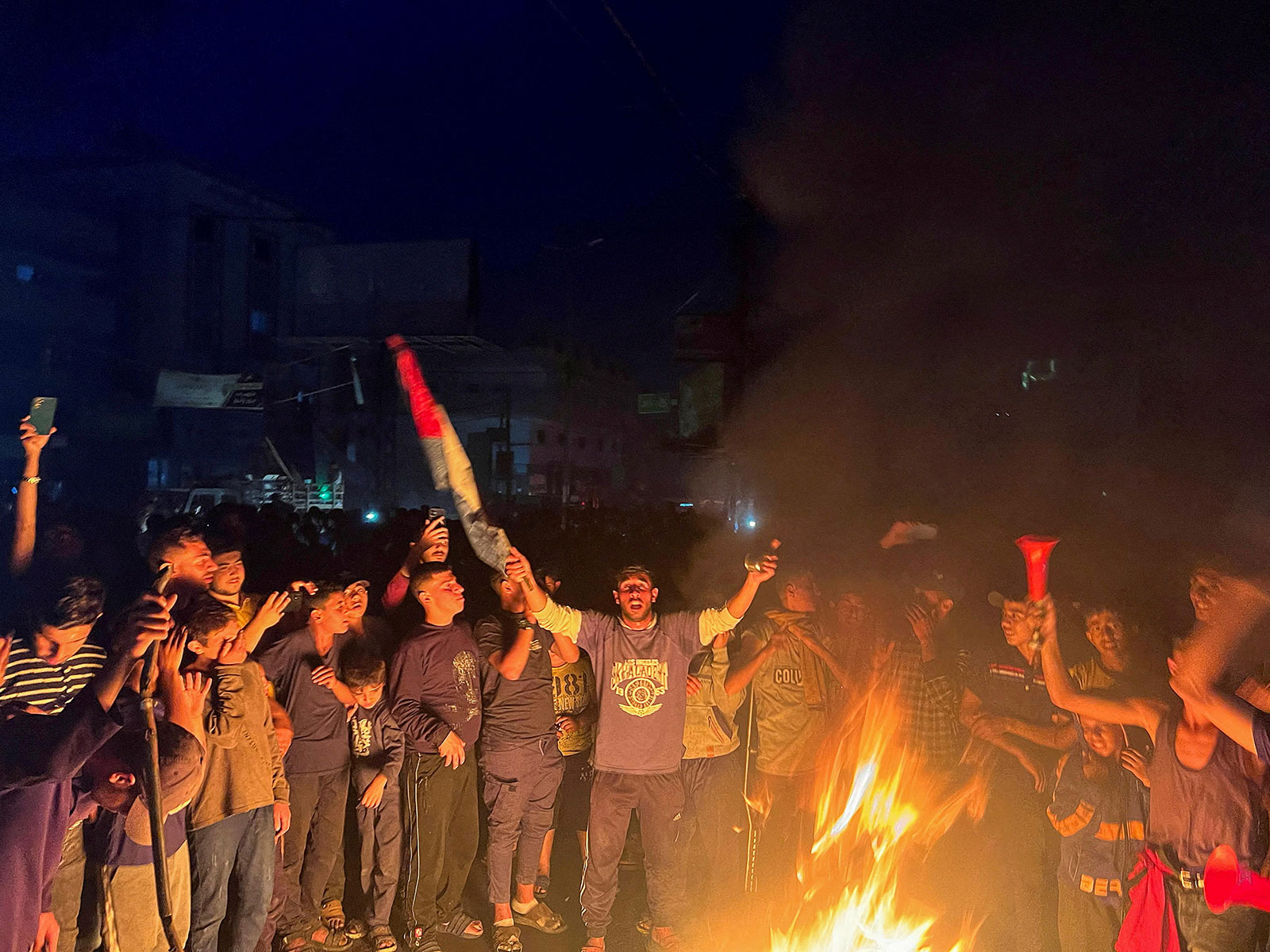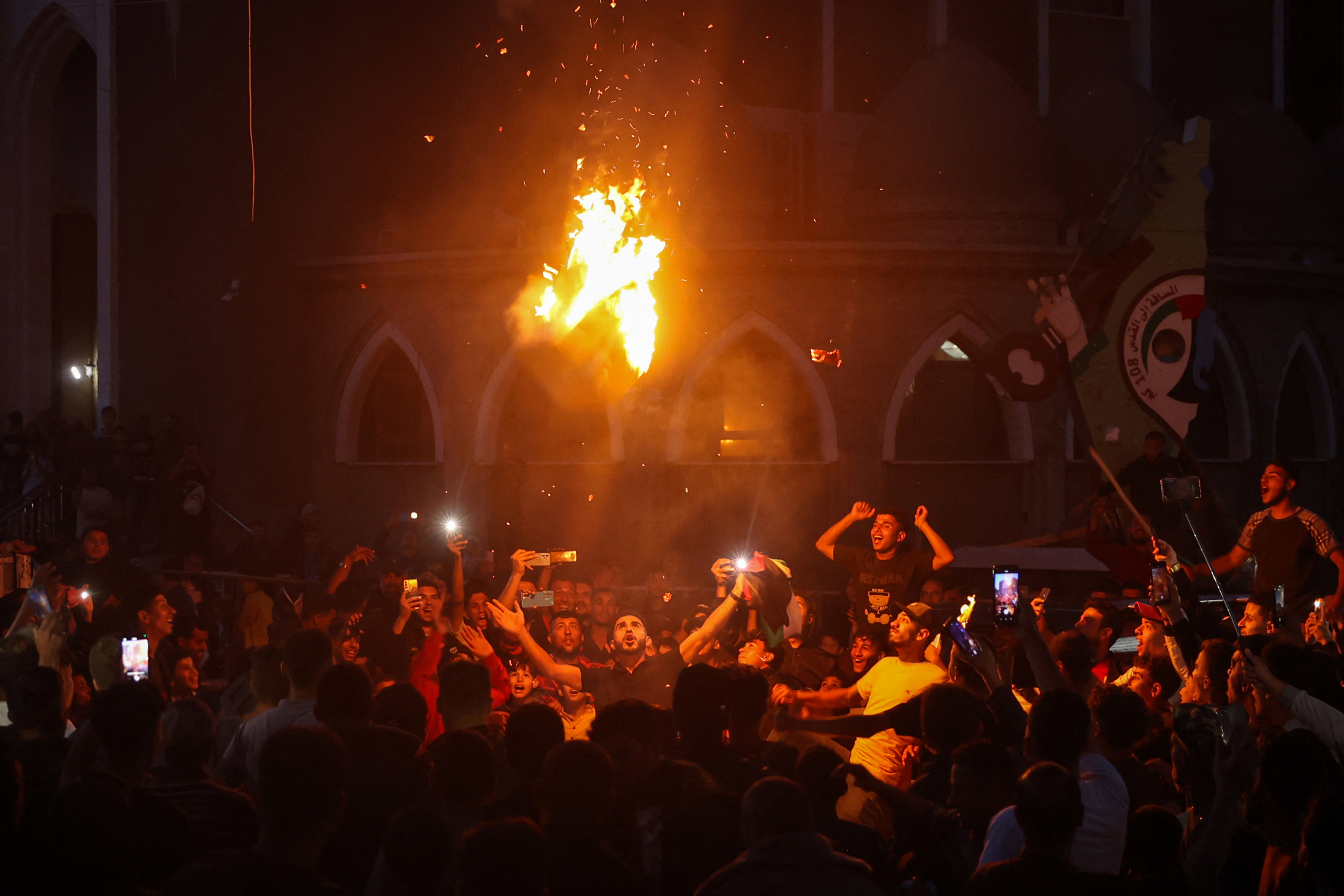Indirect ceasefire negotiations between Israel and Hamas will continue on Tuesday, with a Qatari delegation heading to Cairo, according to the Qatari Ministry of Foreign Affairs.
Spokesperson Dr. Majed bin Mohammed Al-Ansari said in a statement early Tuesday (local time) that the continued negotiations come after Hamas sent a response about a possible proposal, which "can be described as positive."
Al-Ansari expressed Qatar's "hope that the talks will culminate in reaching an agreement for an immediate and permanent ceasefire in the Gaza Strip and the exchange of prisoners and detainees, and the sustainable flow of humanitarian aid into all areas of the Strip."
There have been international calls for an agreement to be reached on a ceasefire and hostage release deal. United Nations Secretary-General António Guterres on Monday called on the Israeli government and Hamas to agree to a ceasefire deal after Hamas said it accepted a deal proposed by Egypt and Qatar.
The Jordanian Minister of Foreign Affairs Ayman Safadi also expressed his hope for a deal to be met on X.








